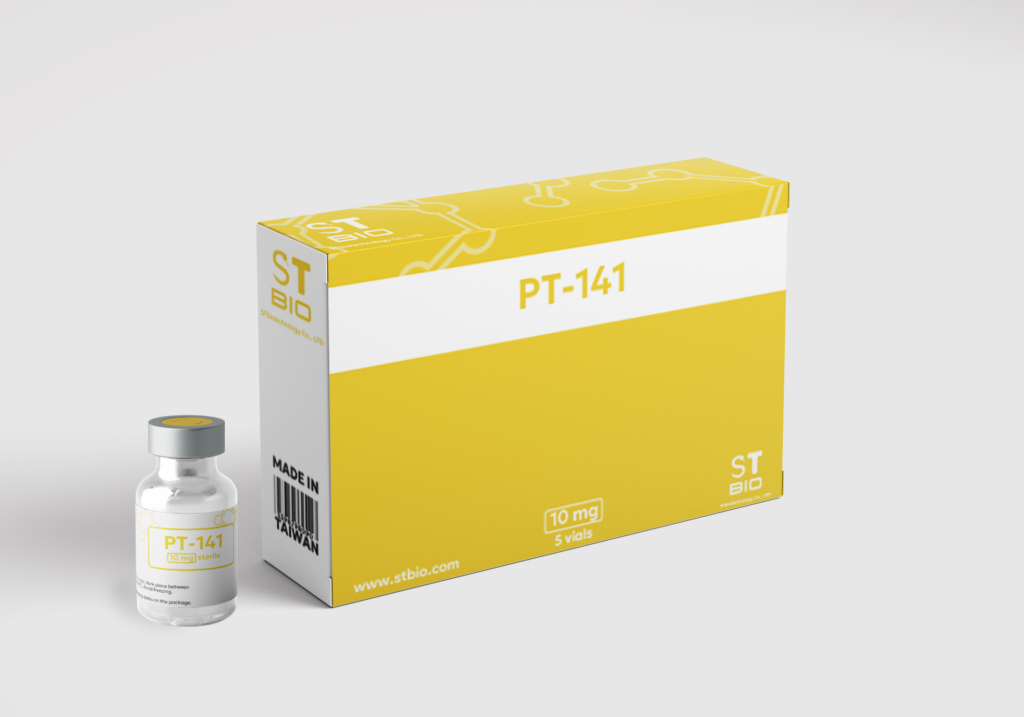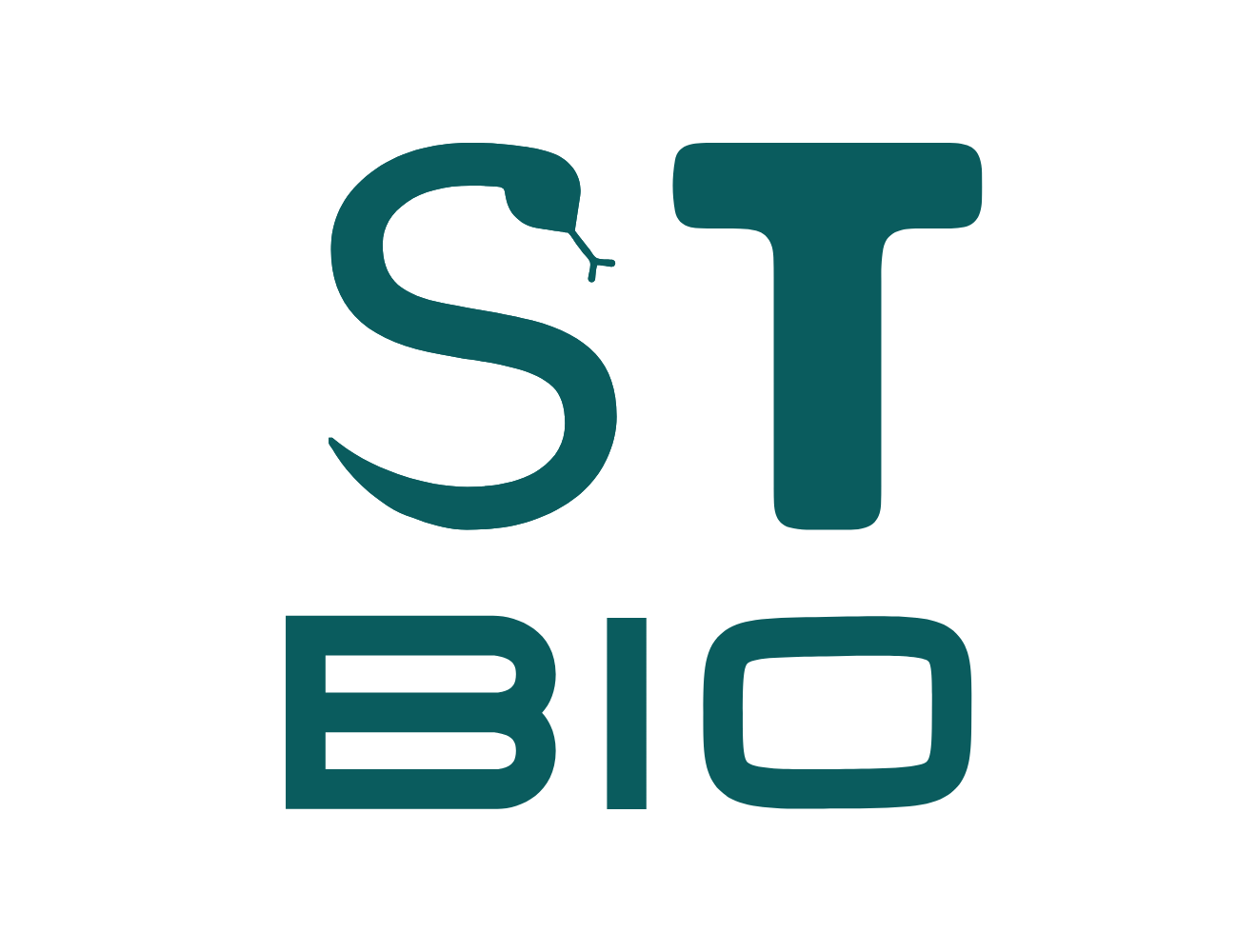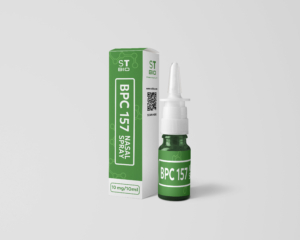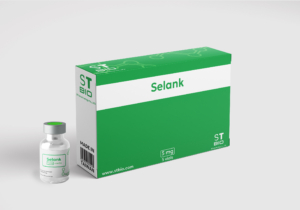
PT-141
PT-141, also known as Bremelanotide, was initially developed as a modified form of Melanotan 2, a synthetic peptide created to boost melanin production for tanning purposes. Melanotan 2 mimics the action of alpha-melanocyte-stimulating hormone (MSH), which plays a role in regulating skin pigmentation. However, during initial clinical trials, Melanotan 2 caused some unexpected reactions, such as increased sexual desire and arousal. This discovery led scientists to further investigate these effects, eventually leading to the development of PT-141. This peptide has since been widely studied for its potential to enhance sexual desire in both men and women by activating specific melanocortin receptors (MC1R and MC4R) in the brain.
PT-141 and Sexual Dysfunction
Sexual dysfunction affects both men and women, presenting as erectile dysfunction in men and reduced libido or arousal difficulties in women. PT-141 offers an innovative way to address these issues, differing from traditional treatments like sildenafil (Viagra), which aim to improve blood flow. Rather than working on the circulatory system, PT-141 targets the nervous system to promote sexual arousal.
Research has shown that PT-141 stimulates melanocortin receptors in the brain, particularly MC4R, which are important for regulating sexual behavior. In animal studies, PT-141 triggered erections in male rats and enhanced sexual response in female rats. Human trials have also yielded positive results, suggesting that PT-141 could be an effective therapy for both erectile dysfunction and female sexual arousal disorder (FSAD).
Unlike drugs that focus on improving blood flow, PT-141 may be particularly helpful for individuals whose sexual dysfunction is related to neurological or psychological factors rather than vascular issues.
Development of PT-141
PT-141’s development began through research on Melanotan 2, originally explored as a tanning agent. During early experiments, participants not only experienced increased pigmentation but also unexpected sexual arousal and spontaneous erections. These side effects piqued the interest of researchers, prompting them to isolate the active compound responsible for sexual stimulation. This led to the development of Bremelanotide (PT-141), which was specifically designed to target sexual dysfunction.
Palatin Technologies, a biopharmaceutical company, took the lead in developing PT-141. Over the years, the peptide has undergone multiple phases of clinical trials to assess its safety and effectiveness. One of the key studies, a Phase 2B clinical trial, focused on premenopausal women with Female Sexual Dysfunction (FSD) and demonstrated that PT-141 effectively increased sexual desire and response.
Unlike some other treatments, PT-141 does not significantly affect the cardiovascular system, making it a potentially safer option for individuals with heart conditions or those at risk of vascular issues.
Indications and Contraindications for PT-141
Indications:
PT-141 is primarily prescribed for treating sexual dysfunction in both men and women. The most common conditions it addresses include:
- Erectile Dysfunction (ED): For men who struggle to achieve or maintain an erection.
- Female Sexual Arousal Disorder (FSAD): For women who experience low sexual desire or difficulty with arousal.
PT-141 is administered via injection and has proven effective for individuals who may not respond well to other treatments, particularly those with sexual dysfunction caused by neurological or psychological factors.
Contraindications:
Despite its potential benefits, PT-141 is not suitable for everyone. People with the following conditions should avoid using PT-141 or seek medical advice before starting treatment:
- Cardiovascular Diseases: Although PT-141 does not primarily affect the cardiovascular system, those with heart conditions should exercise caution.
- Hypertension: PT-141 may increase blood pressure, which could be problematic for individuals with high blood pressure.
- Pregnancy or Breastfeeding: Due to limited research on the effects of PT-141 during pregnancy or breastfeeding, its use is generally not recommended in these situations.
As with any medication, it is essential to consult a healthcare professional to determine whether PT-141 is appropriate, based on personal health status and medical history.




